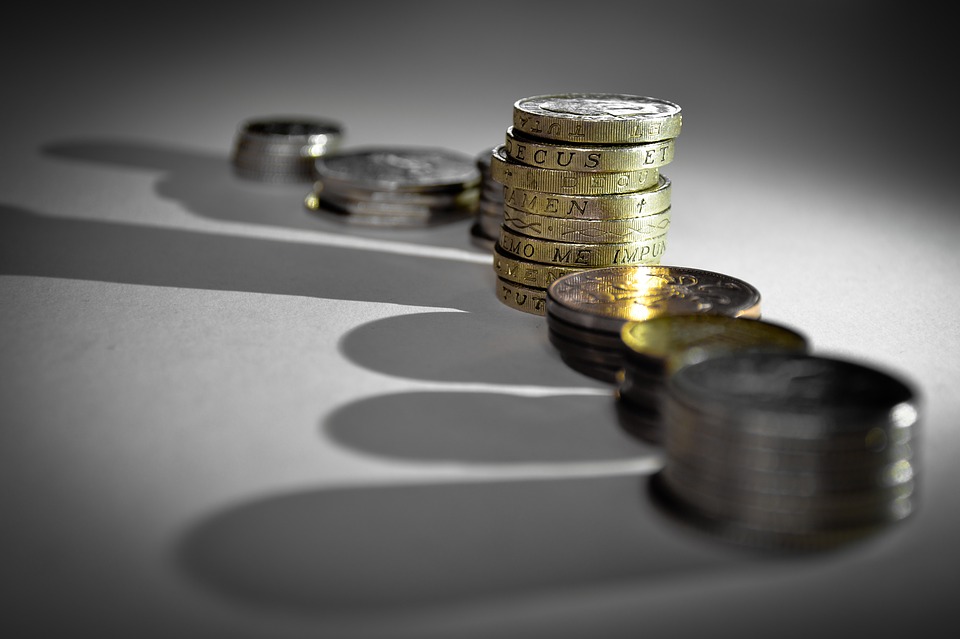The UK economy will shrink during the months of December and January but looks set to rebound in February, according to new research.
Analysis from independent economic and financial research provider Capital Economics finds GDP could fall by as much as 1.0% during December and January, even if further restrictions are not introduced by the government.
“We aren’t factoring in any additional UK-wide restrictions, but we still expect increased consumer caution and self isolations to weigh on economic activity in the first quarter,” says Adam Hoynes, Assistant Economist at Capital Economics.
Prime Minister Boris Johnson on January 04 said the UK would likely see out the Omicron wave of infections without the need for further restrictions, while it was confirmed by Cabinet on Wednesday that existing Plan B measures would be maintained.
The economic costs of existing Plan B restrictions when combined with voluntary caution and self-isolation are however likely to prove significant.
To find out more about how we can assist you with your Second Charge Mortgage please click here
“We now think that GDP will fall by around 1% over December and January together,” says Hoynes. “The number of people forced to self-isolate is becoming increasingly disruptive.”
Data from the ONS showed the spread of Omicron was met with a decline in card spending, mobility and internet searches related to social activities during December, raising expectations or a sharp drop in economic activity.
“Consumer caution in response to Omicron points to a near-1% fall in GDP between November and January,” says Samuel Tombs, Chief UK Economist at Pantheon Macroeconomics.
Further constraints to output in all sectors will come amidst a surge in the numbers of people having to self-isolate, having caught the virus.
To highlight the sale of the current infection wave, the ONS said on January 05 that 1 in 10 people in London had Covid in the week ending December 15. 1 in 15 in England had the virus, 1 in 20 in Wales, 1 in 25 in Northern Ireland and 1 in 20 in Scotland.
Health minister Gillian Keegan said on January 05 that “around a million people are now self-isolating”.
The impact on businesses is significant, a point highlighted by Iceland Managing Director Richard Walker who said 11% of their workforce were now self-isolating.
“The number of people forced to self-isolate is becoming increasingly disruptive,” “it it appears that the recent surge in positive cases is beginning to offset the relaxed isolation rules,” says Hoynes.
Pantheon Macroeconomics anticipate output in the accommodation and food services sector to have fallen by about 15% month-to-month in December with a further 5% fall to come in January.
They assume output in the arts, entertainment and recreation sector dropped by 10% in December and will fall by a further 5% in January.
Output in the transport sector is anticipated to have declined by 3%, and will drop by a further 3% this month.
Covid cases in London look to have peaked already in what amounts to a potential precursor to a peaking in other regions across the UK in January.
This suggests February could see substantive easing in pressure on businesses and consumer activity can recover.
Capital Economics expects economic growth losses suffered in December and January to be recouped in February and March, “if Omicron cases fall as fast as they rose”.
Pantheon Macroeconomics says Omicron appears to be dealing a substantial blow to economic activity at the turn of the year, “but the good news is that GDP should be rising
again in February”.
“In Q2, GDP should be close to the level it would have reached, had the new variant not emerged,” says Tombs.
Written by Gary Howes
Source: Pound Sterling Live
Discover our Second Charge Mortgage Broker services.

